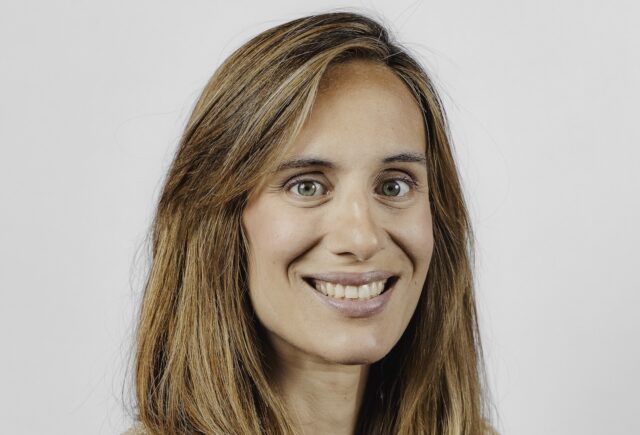No need to reinvent the wheel: in our regular column ‘The expert’ impact investing pros share their lessons from the field. This week, Michiel Hillen of EMSA on how to invest for impact in African companies.

Investing in African SMEs
• Michiel Hillen is founder and director of EMSA Emerging Markets Africa, an Africa-focused business development and corporate finance firm, based in the Netherlands.
• As an impact investor he has stakes in businesses operating in goods and services export, sustainable food production and smart farming.
• Next to his business, Michiel holds supervisory positions in a number of African companies in ICT and commodities export.
One may wonder whether it is possible to give general advice to European investors (the target audience of our newsletter) on how to invest for impact in an entire continent.
But with twenty years in the business, Dutch Michiel Hillen says that there are definitely some general things to keep in mind when investing in African companies.
“Doing business in Africa is the opposite from here (the Netherlands, ed): our business climate works perfectly and competition is relentless.
In Africa, the business climate is lousy, but African business owners who understand the rules can be very successful, even if their products or services aren’t the most competitive ones,” said Hillen. Sharing a few of his learnings:
1. Know what kind of impact you want to make
“A lot of investors who want to make an impact opt for start-ups. They apply the Silicon Valley mentality where you invest in, let’s say, ten start-ups. Only one becomes a success and the rest fail.”
“Is this impact? Well, it is if you want to be able to show a nice report and post photos on Instagram of happy people wearing the same t-shirts. But this is not the impact you are after, right?”
“If you want to create impact in Africa, then we are talking about creating jobs, access to basic needs, education, roads and business networks. That’s what people need, and this work is carried out by local small and medium enterprises (SMEs). Those are the companies you should invest in.”
2. Look outside the embassy
“The problem is that it is hard for European impact investors to find those valuable SMEs. Those business owners don’t go to the cocktail parties that the embassies arrange for investors and businesses.”
“They are not on the board of the chamber of commerce, or any other forums that impact investors traditionally make use of. They are simply busy working. And some of those business owners can’t read and write, they are virtually impossible to find.”
“How I did it? I started in the African diaspora in the Netherlands. I had African friends and they still had a network, family and friends in the country where they or their parents were born.”
“Via those people you can get in contact with people who might be interested in a business opportunity.”
3. Due diligence is fieldwork
“If you invest in a European company, you do due diligence based on the company’s financial reporting, documentation from the chamber of commerce and the financiers. In Africa, it is much more complicated.”
“The accountant who signed that report maybe doesn’t even exist. Sometimes the business owner has taken out double loans on their company’s assets by paying the bank manager under the table.”
“To get a good overview you need to talk to a lot of people in the local business community. Make appointments with banks who haven’t officially granted any loans to the company, talk to the company’s suppliers and competitors: Do they know this business owner, what’s their relationship and what have they heard? This gives you a much more honest picture than relying on documents.”






